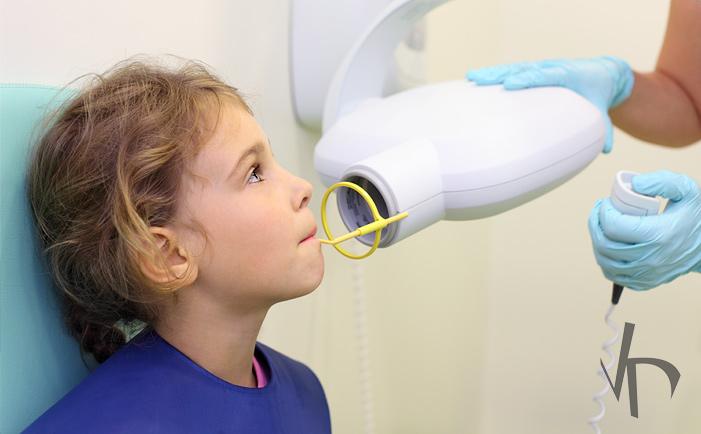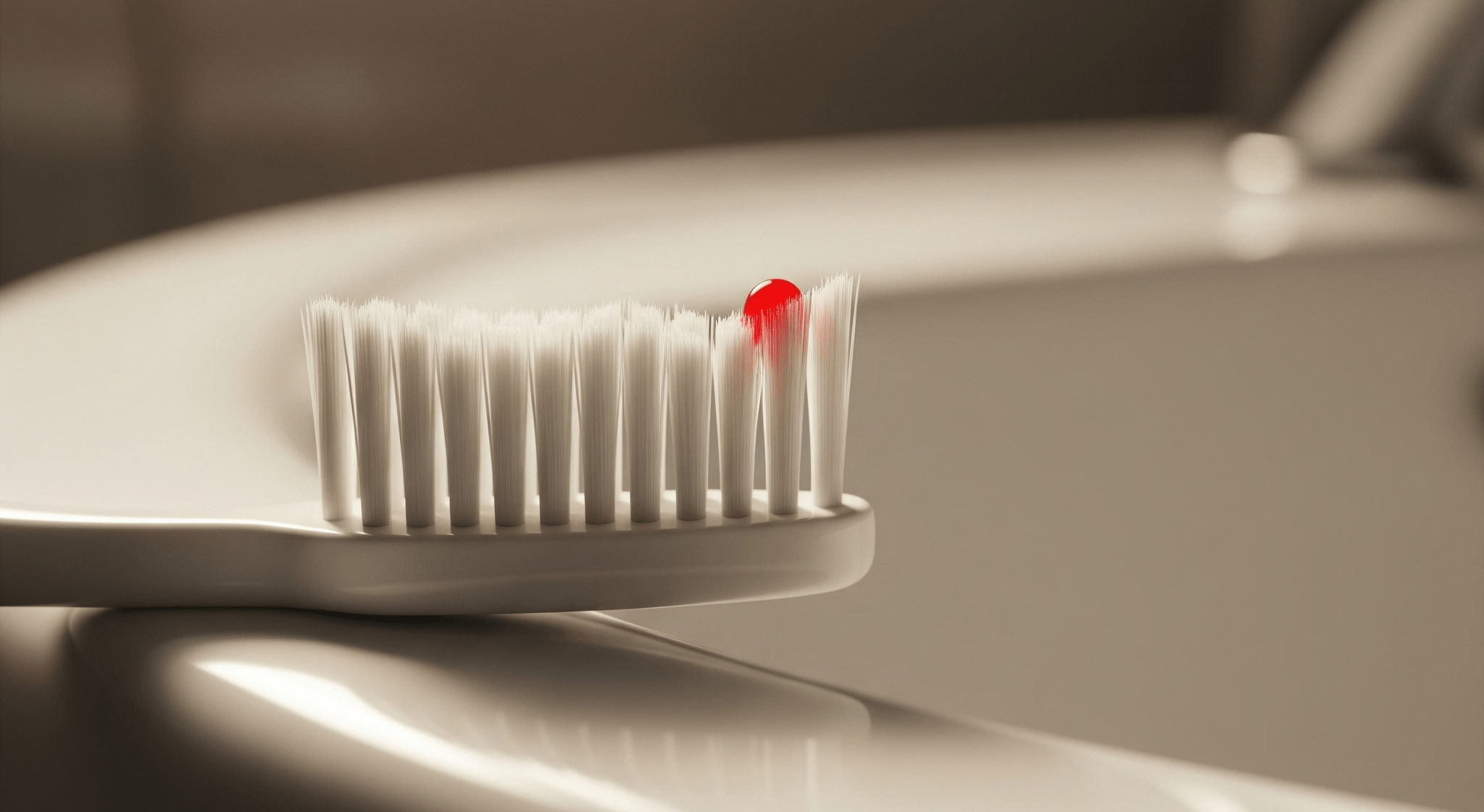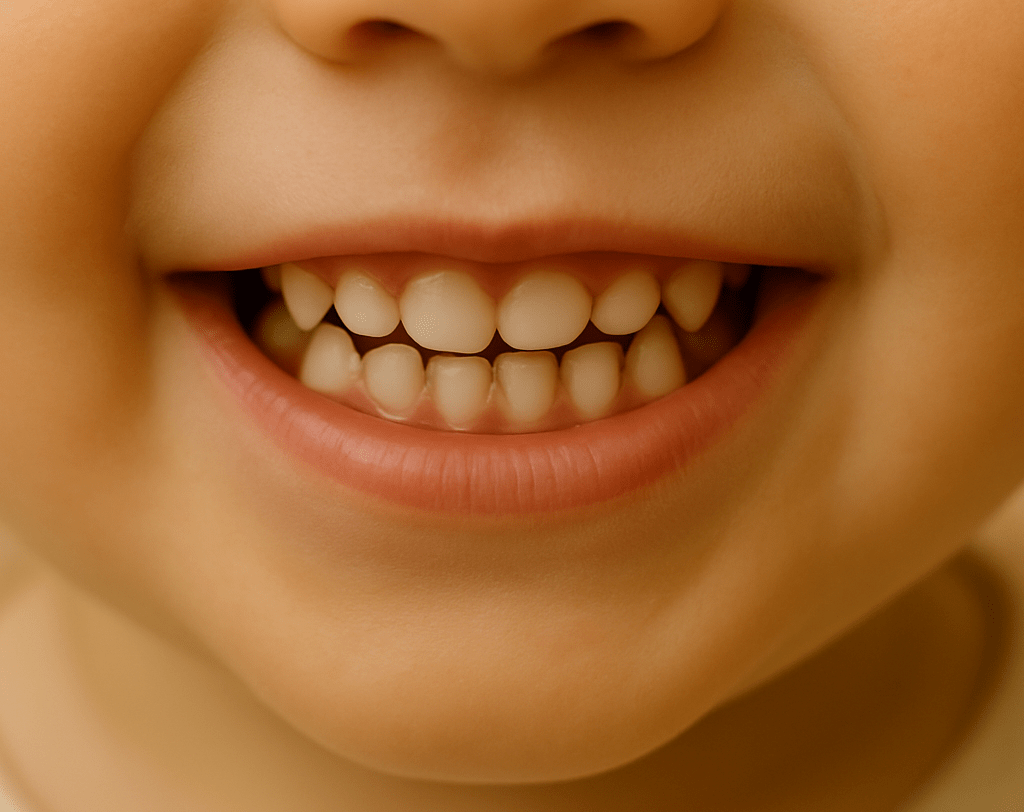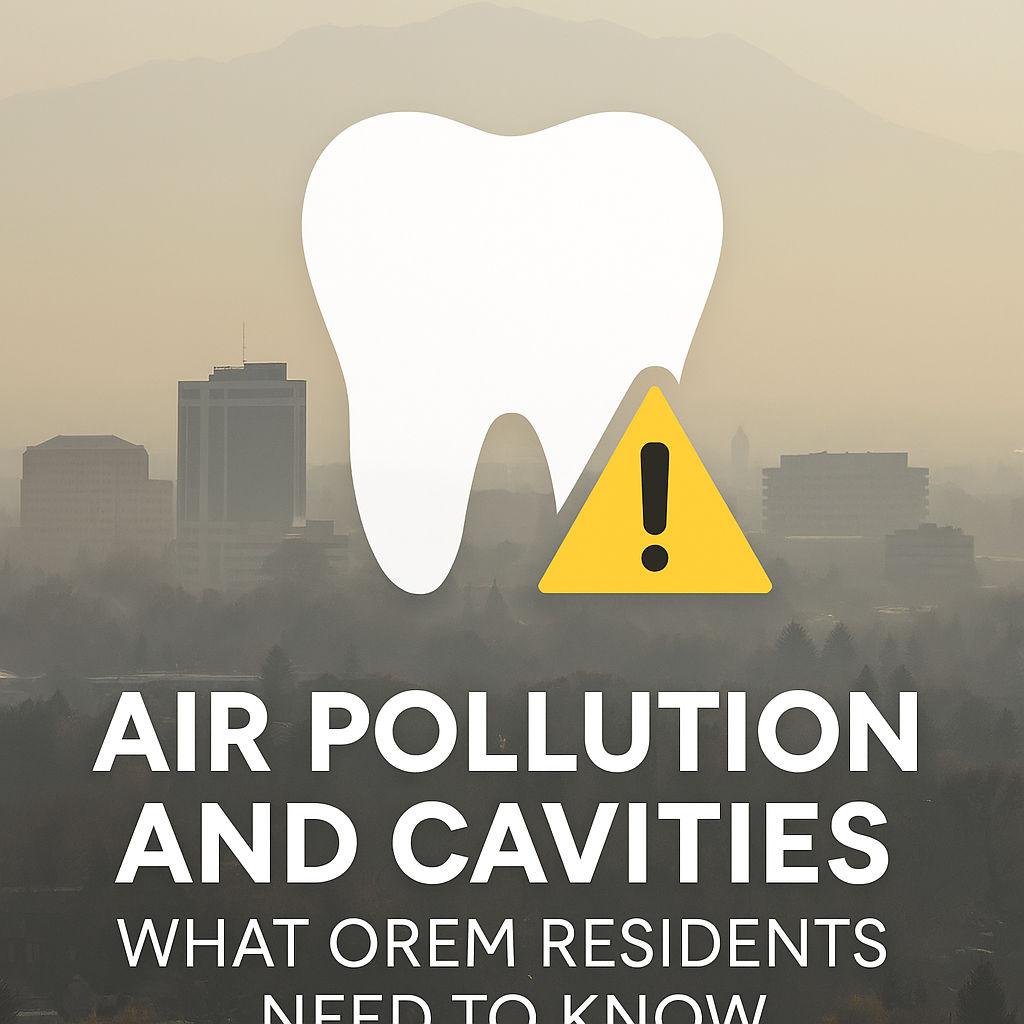Blog highlights:
- Although most dental problems can be easily seen with the naked eye, you should know that some problems can only be seen through an x-ray.
- With the help of the dental x-ray, the dentist can begin creating a treatment plan that will fit your needs.
- The dental x-ray is safe as it will only utilize small amounts of radiation.
Dental x-rays, also known as radiographs are very important when it comes to dental care. This is because dental x-rays can help your dentist see oral problems that are otherwise not visible to the naked eye. In most instances, the dentist will visually assess the condition of your teeth, but if he or she suspects anything, your dentist might recommend that you get a dental x-ray.
While most dental problems can be seen plainly, the dentist will need this tool in order to reveal small cavities, infections, problems in your jaw bone, cysts, tumors, and gum abscesses. Some of these problems cannot be seen by the naked eye simply because they are hidden under the gums or behind other teeth.
It should also be noted that when it comes to severe oral problems, early detection might be the only way for you to avoid losing your teeth. If you do not want your dentist to unnecessarily poke around your teeth and gums to no avail, then you should consider getting the x-ray so you can save time, money, and so you can avoid unnecessary pain.
The dental x-ray is basically a tool that the dentist will use so you can get the correct treatments. The x-ray allows your dentist to see the severity of the problem, and it can also allow the dentist to see the extent of the damage. The dentist can then create a treatment plan based on what he or she sees on the x-rays.
Getting a dental x-ray is safe. This done by using only small doses of radiation. To ensure your safety, the technician will make use of a thyroid collar and a lead apron especially when catering to pregnant women, children, as well as women of childbearing age. These measures will help you avoid unnecessarily exposing the rest of your body to the radiation.
Depending on the condition of your teeth, your dentist might require you to have one or more x-rays. If you want to know more about dental x-rays, or why your dentist wants you to get one, you can call your dentist or ask him or her about it during your checkup.





